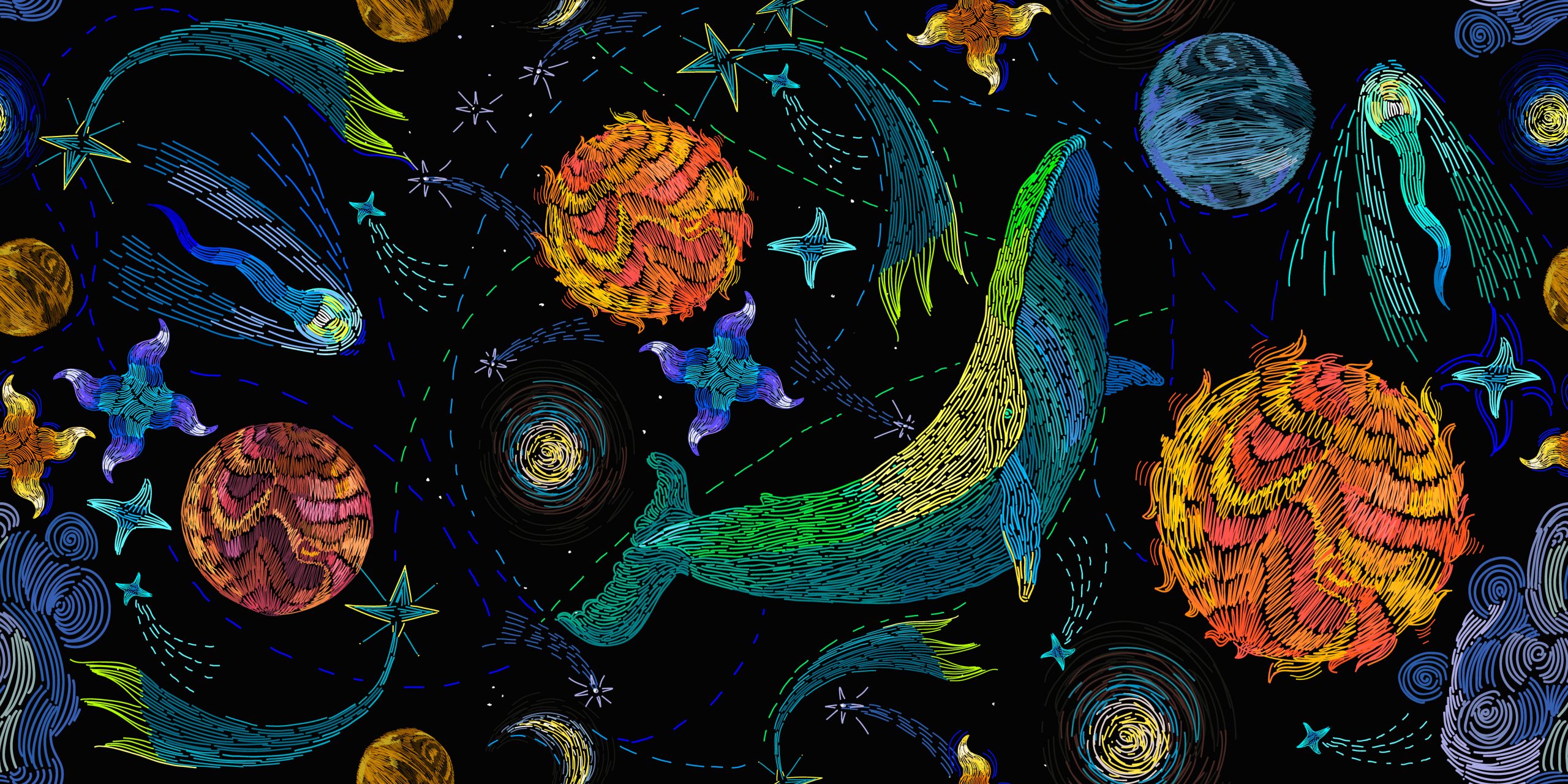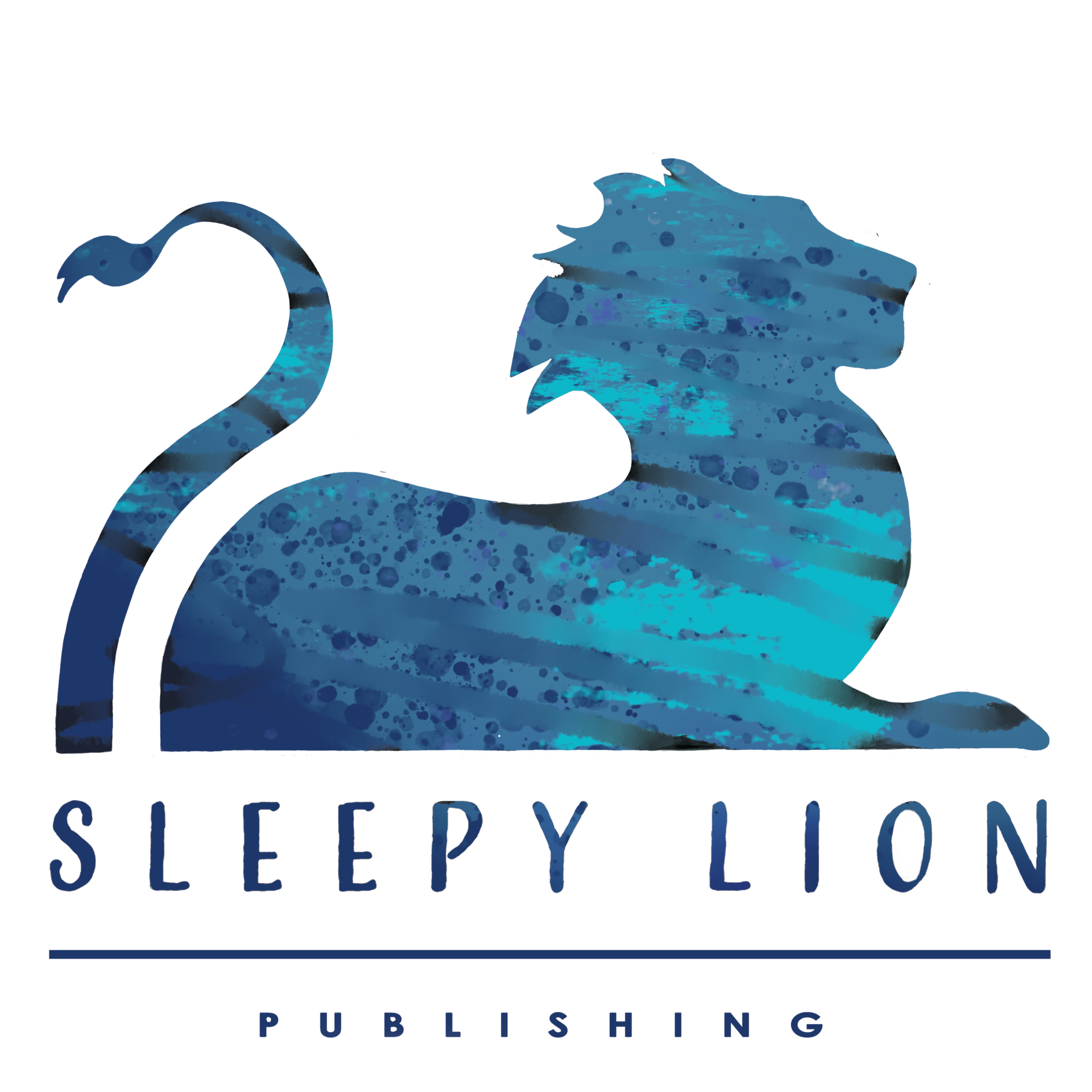Dreams in fiction – by India Roberts


Art by Matrioshka
Dreams in Fiction
Books have a funny way of controlling even your physical feelings. Sometimes there’s a moment when your heart feels suspended between your ribs by a piece of string hanging through your throat. Suddenly that string is snipped and your heart tumbles, down to the black depths. It was all a dream. It’s a phrase that can make readers expel a breath, a slight smile gracing their lips thanking the Book Gods for none of it being true. Sometimes readers will roll their eyes, flip the page, and move on mildly disgruntled. Other times the book is slammed onto the table and the pacing begins with a nail nibbled nervously between clenched teeth; it was all a dream? The power that authors can have over their readers is demonstrated in these very reactions. A dream sequence in fiction can be used for more than creating an ethereal, whimsical feeling. Let’s consider some of the effects that authors may be aiming for when utilising dreams in their fiction.
Dreams are a fantastic way for an author to develop a character’s personality in ways that their waking hours wouldn’t have allowed. Through a character’s dreams, the reader can be privy to classified information about what the character really wants. This dramatic irony, when the reader knows something even the character doesn’t, makes the reader feel closer to the character. Often if a character is in emotional turmoil the solution will be in their dreams, and they encounter something they’re unwilling to confront. In this sense, this effect is letting the reader in on more information than they had beforehand, as well as feeding them the character’s feelings.
Dream sequences are frequently used to further the plot. A dream can often be teasing, exuding a sense of foreboding. This can give the reader an inkling about the direction the characters will take later in the novel and allows authors to drop clues as if they’re breadcrumbs along a path. However, authors can also use it to the opposite effect. They can just as easily drop these hints so that the reader is under the illusion that they know how the plot is developing, and then shock them in a twist that leaves them gobsmacked.
In the same realm, dreams can be used to undermine the trust in the author. If the reader is unaware that it’s a dream until the very last minute, it’s likely that they’re invested in the scene as reality. Taking the readers in a direction that’s dynamic and exciting is a guaranteed way of making sure they’re dumbfounded when it’s revealed as a dream. After this happens, the feeling of distrust in the author means that the plot development afterwards will seem less credible. The author truly has all the control, because this is likely what they wanted to happen. If a reader is second guessing the information they’re given they’re less likely to predict the ending of the book correctly, making it more thrilling.
Using dreams in fiction can also be liberating for the author. It’s not uncommon for an author to get pigeonholed into a specific genre. Their genre of expertise is probably what they’re best at, but dreams can give them a brief holiday to explore their other writing styles. As well as developing the plot, a dream in a novel can demonstrate the author’s flexibility and let them exercise the other genres before residing again in the usual narrative. This can also make the novel much more dynamic.
Next time you come across a dream sequence in a novel you’re reading, take a second to think about what effect the author is trying to swindle you with. And, is it working?
Finally, if you would love to hear more about India Roberts, then make sure to check out her Blog and Linkedin Pages!
Additionally, if you would like to learn more about creavity, writing, or read more exclusive articles from India Roberts, then make sure to check out The Sanctuary for more information. With exclusive articles, weekly writing exercises, contests (where you can win money) and an engaged community, it is the perfect place to get inspired and motivated in your writing and creativity!
If you have enjoyed this article and wish to see more, than make sure to keep updated through our social media page and on this website for more free exclusive content! Additionally, make sure to check out our Books page!
As always, please feel free to comment and share.

0 Comments